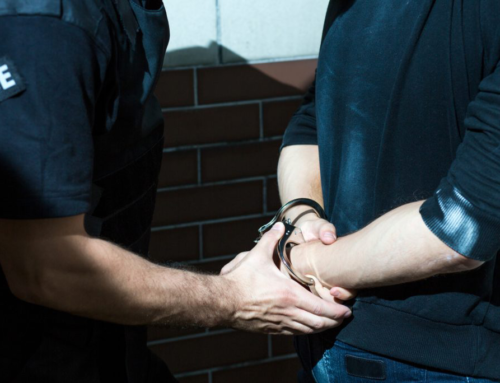 New year, new elected officials, new questions about how to progress with Texas criminal justice. This legislative session, Texas lawmakers will be examining the interactions between police and civilians as well as changing the way some crime is handled. Here is a look at four ways we might see changes in Texas criminal justice.
New year, new elected officials, new questions about how to progress with Texas criminal justice. This legislative session, Texas lawmakers will be examining the interactions between police and civilians as well as changing the way some crime is handled. Here is a look at four ways we might see changes in Texas criminal justice.
Potential Changes to Criminal Justice
- Police protection. Texas police handle some of the largest cities in the nation and expose themselves to violent crimes every day, including assault and even the risk of murder. Some lawmakers have pushed for all police officers to be equipped with bulletproof vests. Some have suggested that we should classify attacks on police as hate crimes. Others believe we should introduce police officers to teenage students in classrooms in order to show them how to interact with one another. Another suggestion involved adjusting driver’s education to include interactions with law enforcement on the curriculum. Body cameras for police officers continue to be a hot-button issue.
- Prison oversight and transparency. Lawmakers have introduced legislation to create an independent omsbudsman’s office for the Texas Department of Criminal Justice. This office would be responsible for investigating, evaluating and securing the rights of offenders. This has already been done for the juvenile system. It has increased transparency about the happenings inside juvenile jails and made the kids safer. Doing this for all jails and prisons would make offenders safer. Some critics have said the cost would be too high.
- Reforms on what is considered an arrestable offense, how people are jailed and what happens once they are arrested. This issue hit the national spotlight with the death of Sandra Bland, who was arrested and later found dead in her jail cell in Waller County. The officials ruled her death a suicide. Legislation will be filed in her name that would require jails to have on-duty medical staff at all hours as well as prevent falsified jail documents and improve the intake and screening process
- In Texas, 17-year-olds are considered adults for the purposes of criminal justice. Juvenile advocates are pushing for this age to be raised to 18. They argue that putting 17-year-olds in adult prison does more harm than good and flies in the face of federal law. The federal Prison Rape Elimination Act requires that 17-year-old offenders cannot be within “sight or sound” of those 18 or older, but Texas has yet to change state law to comply. Lawmakers tried to make this change in 2015, but failed.







